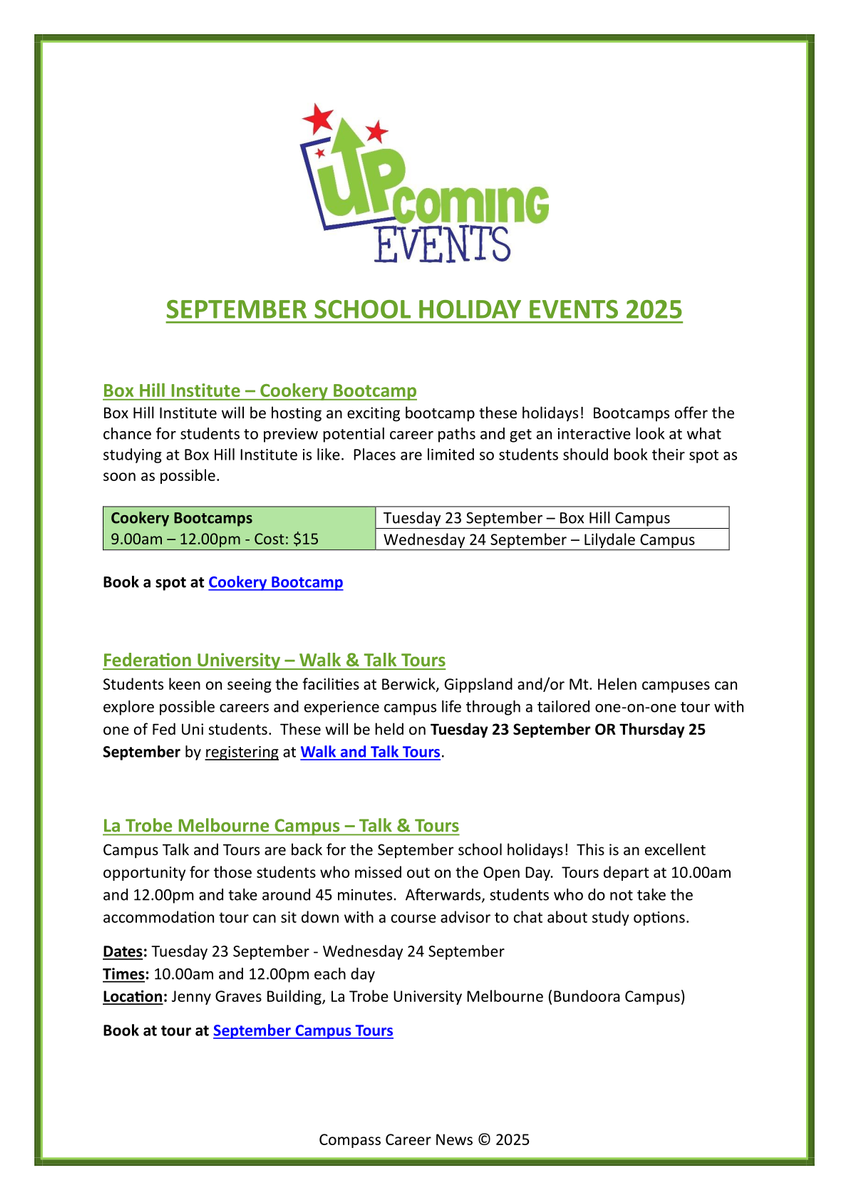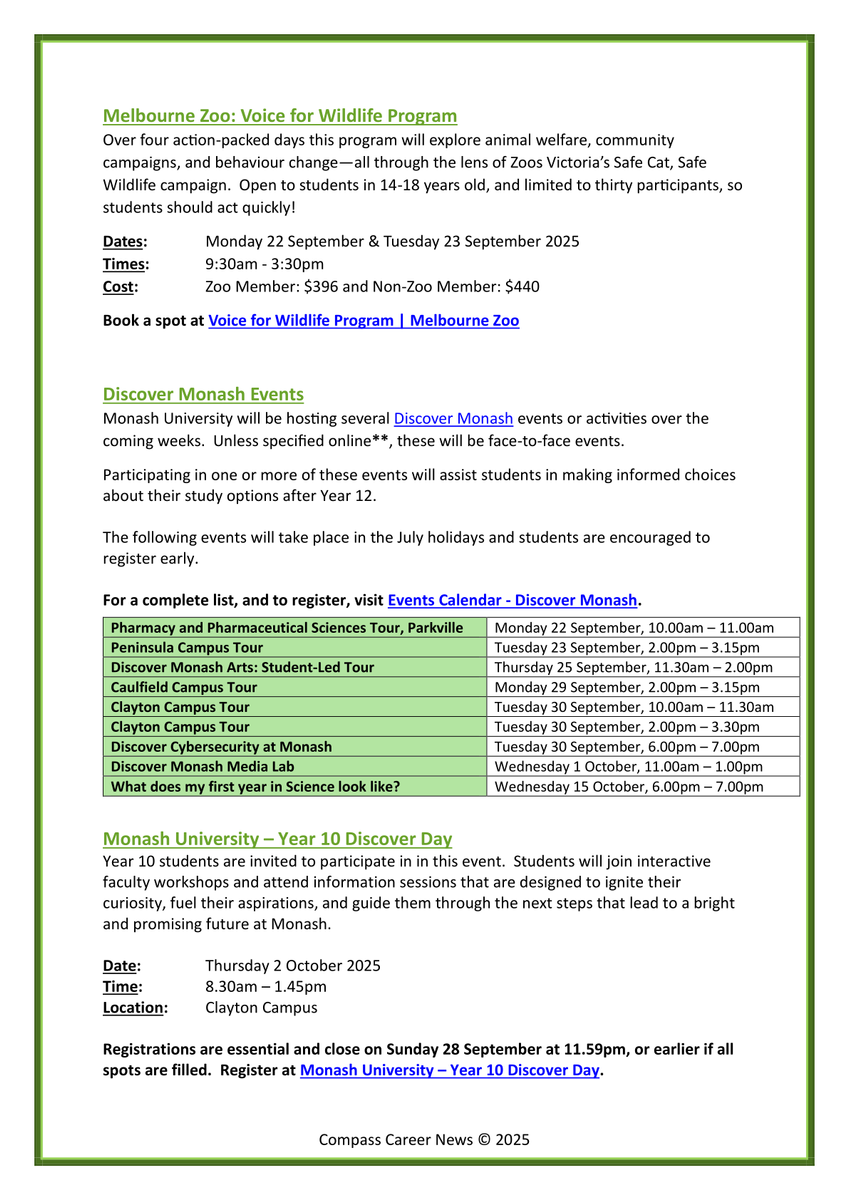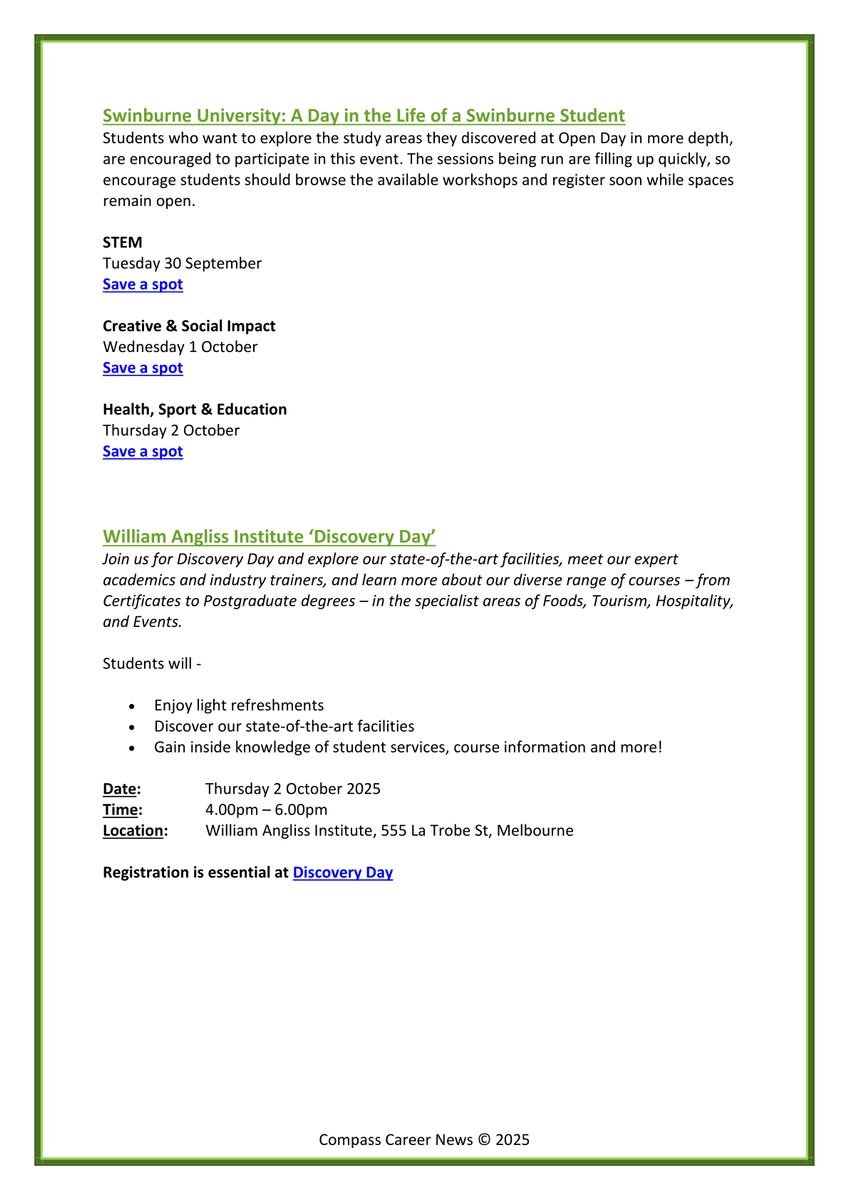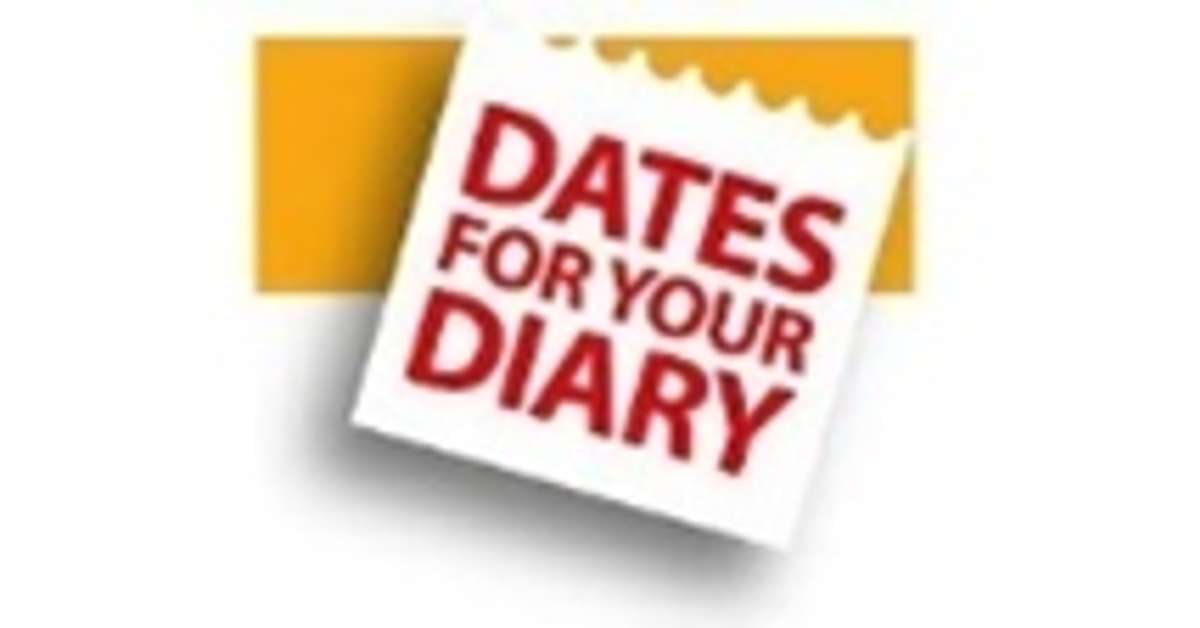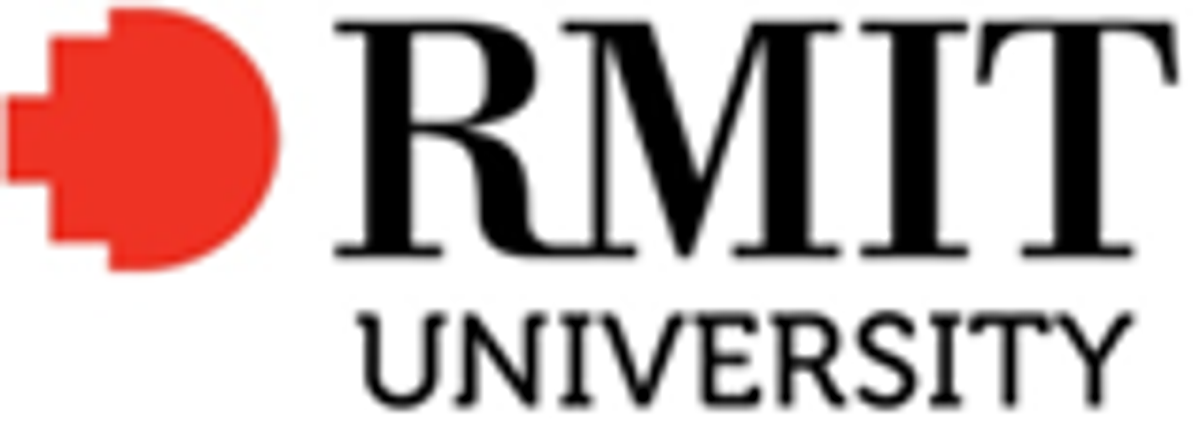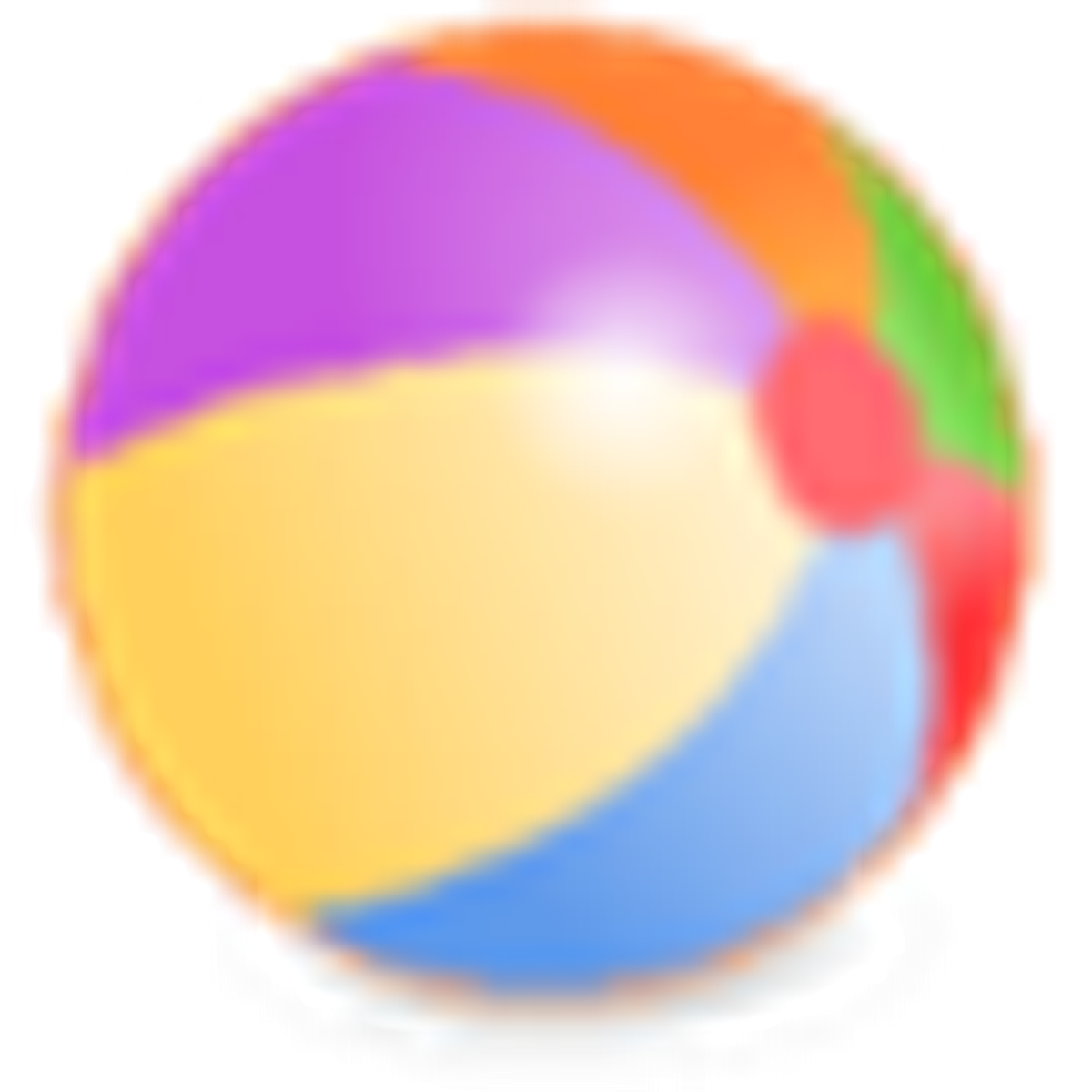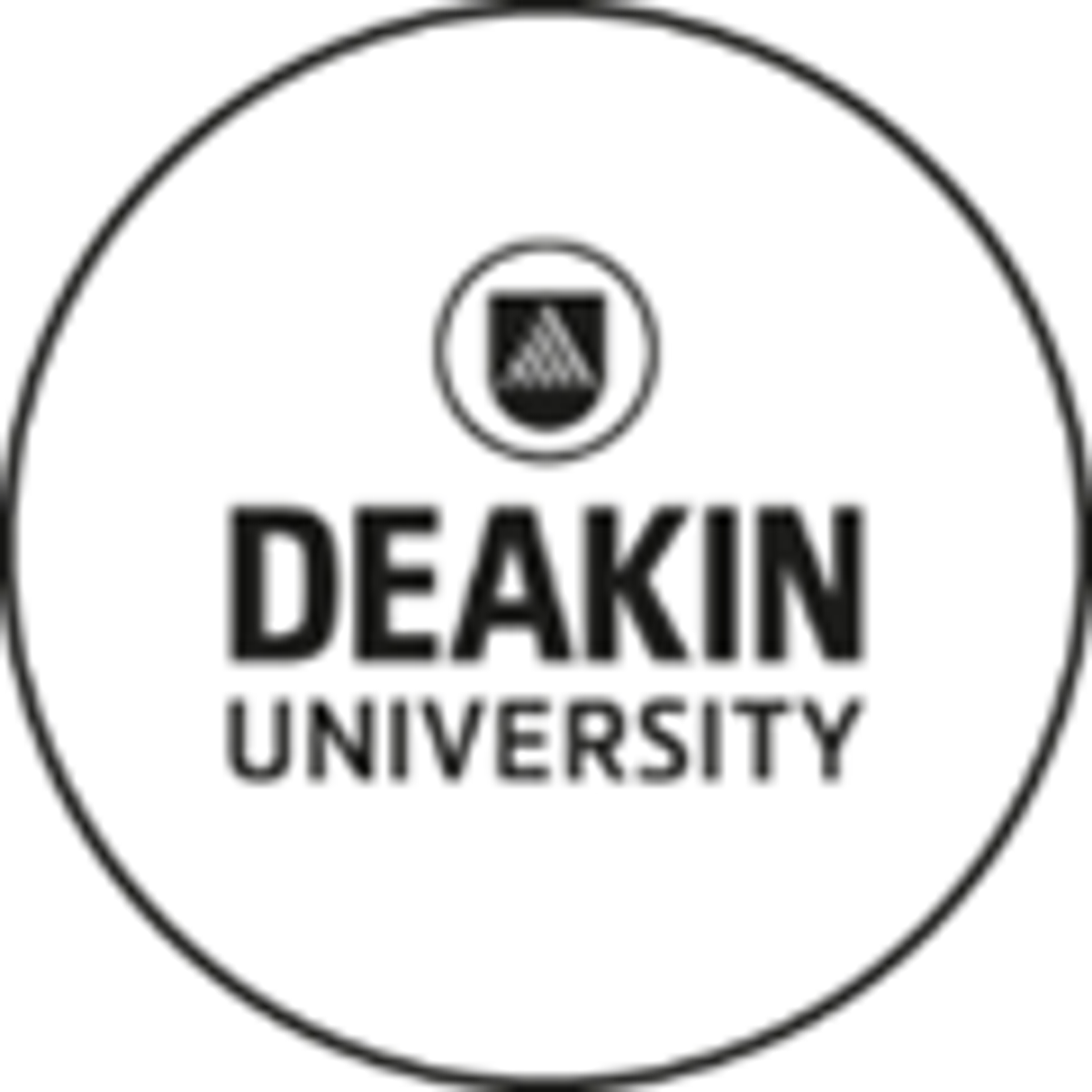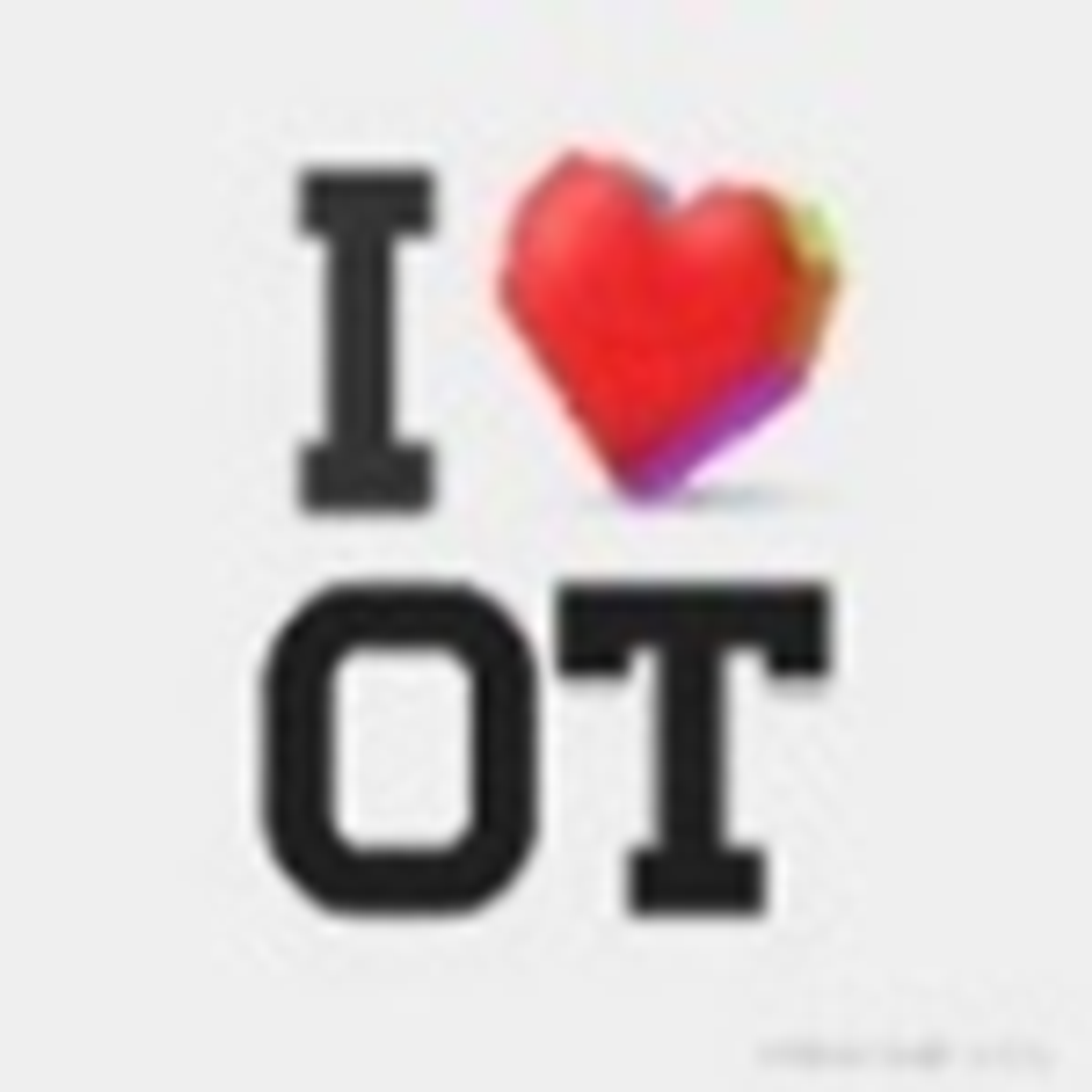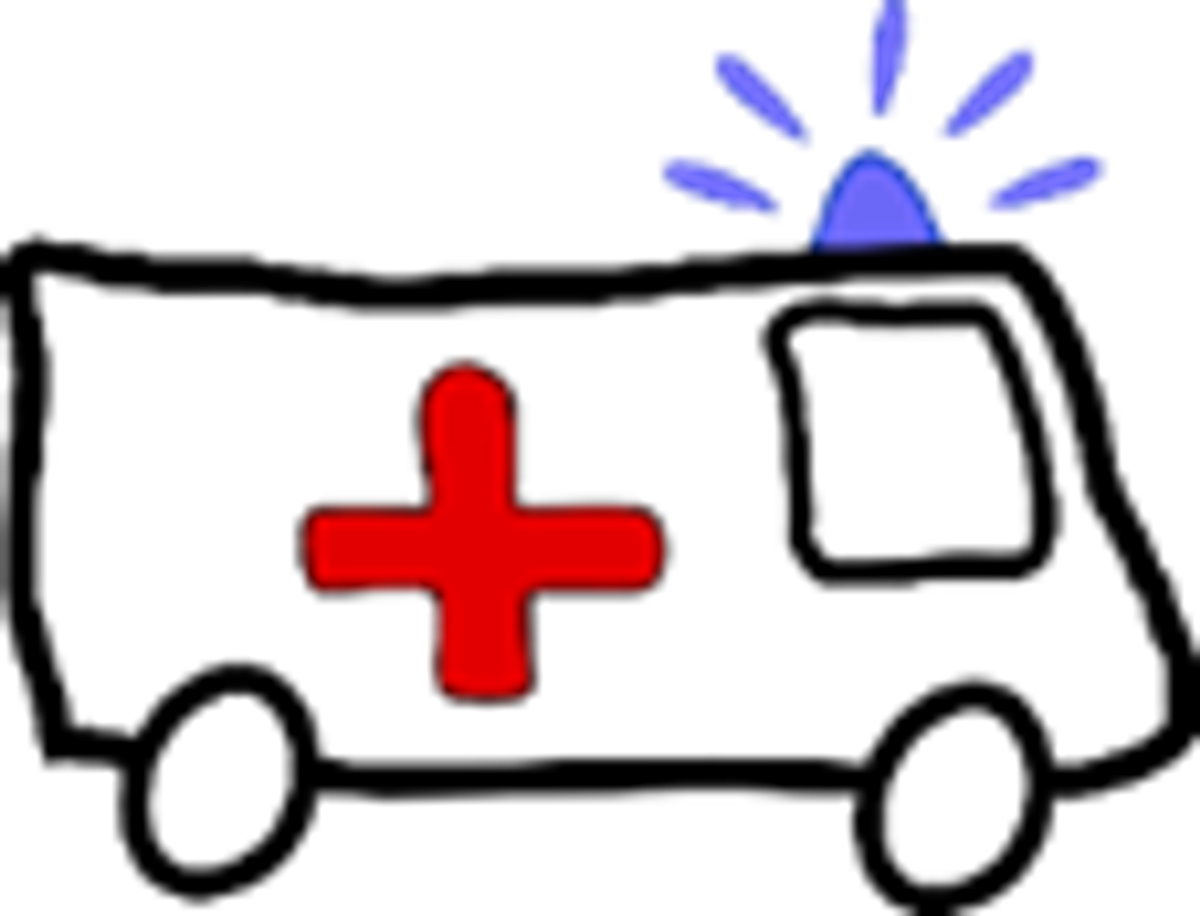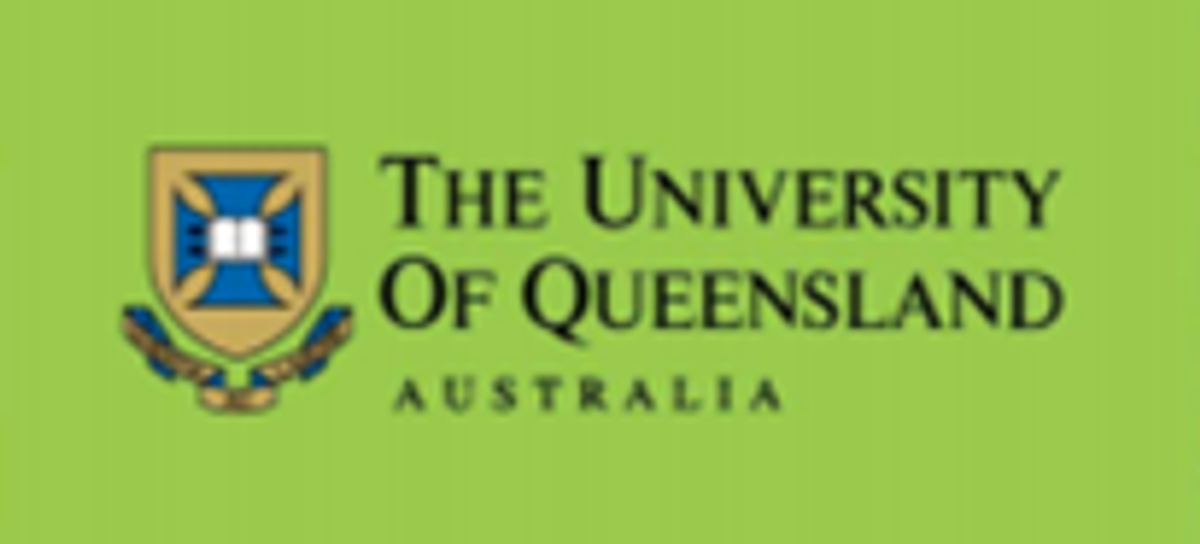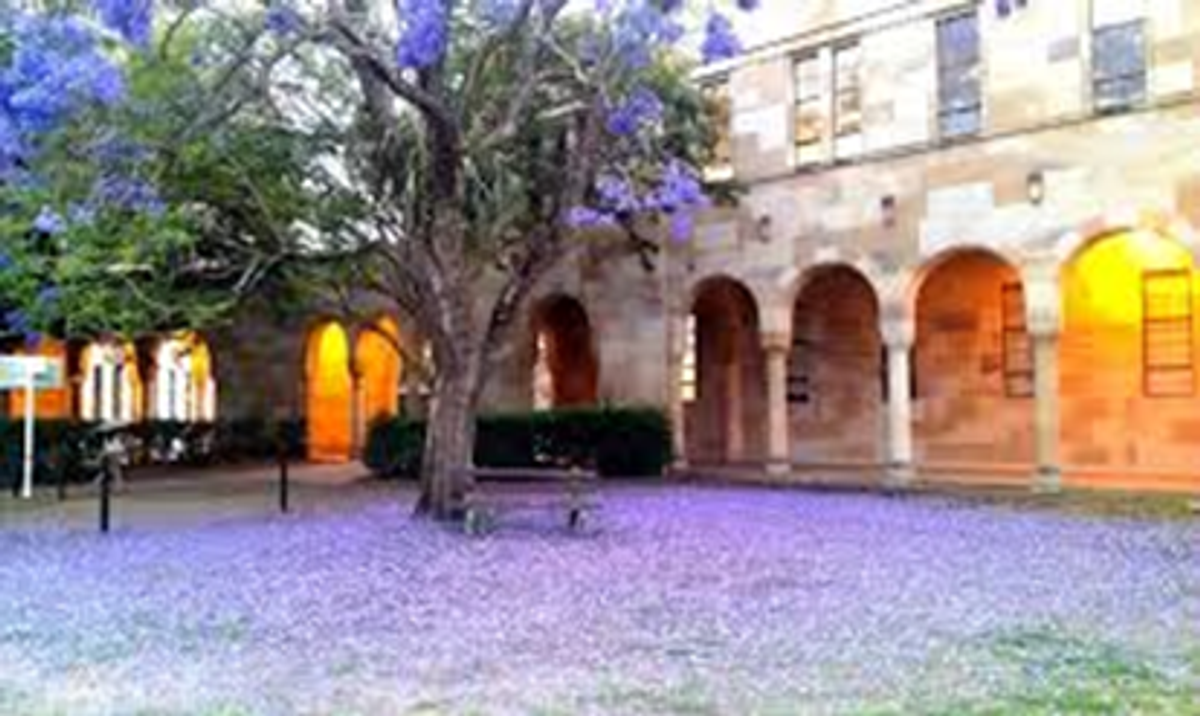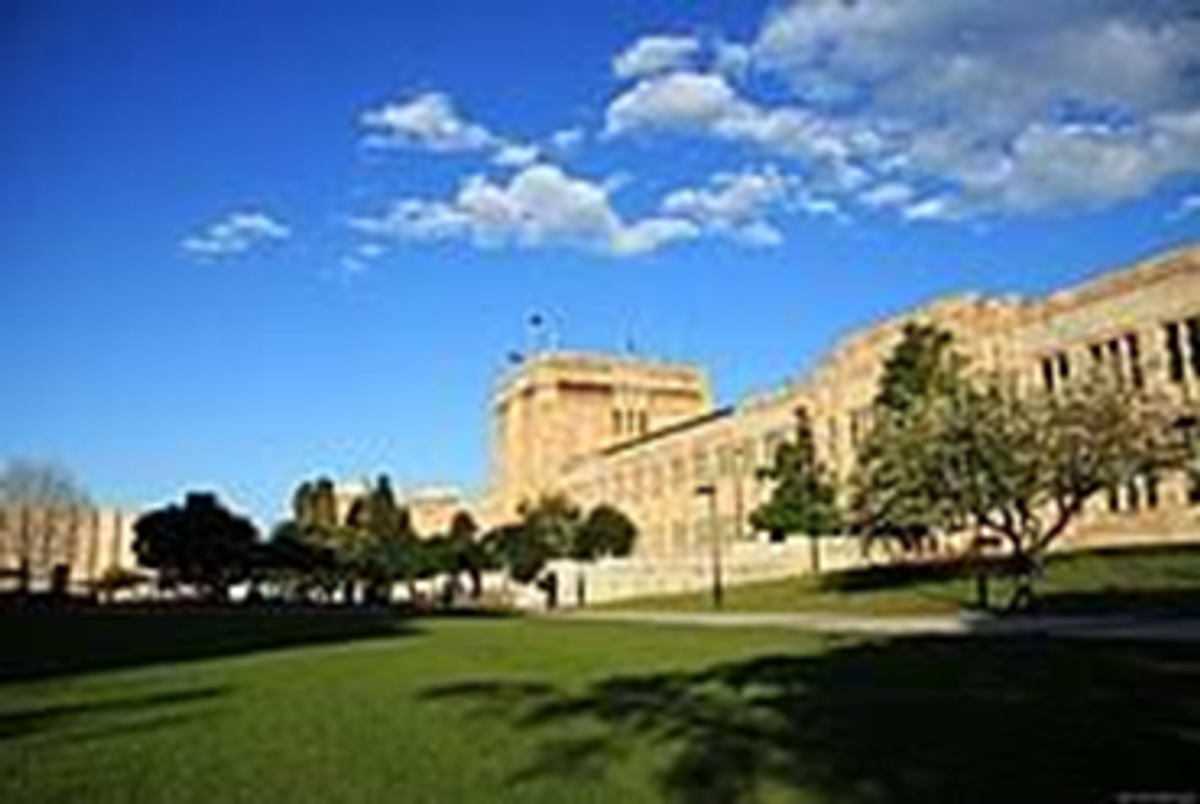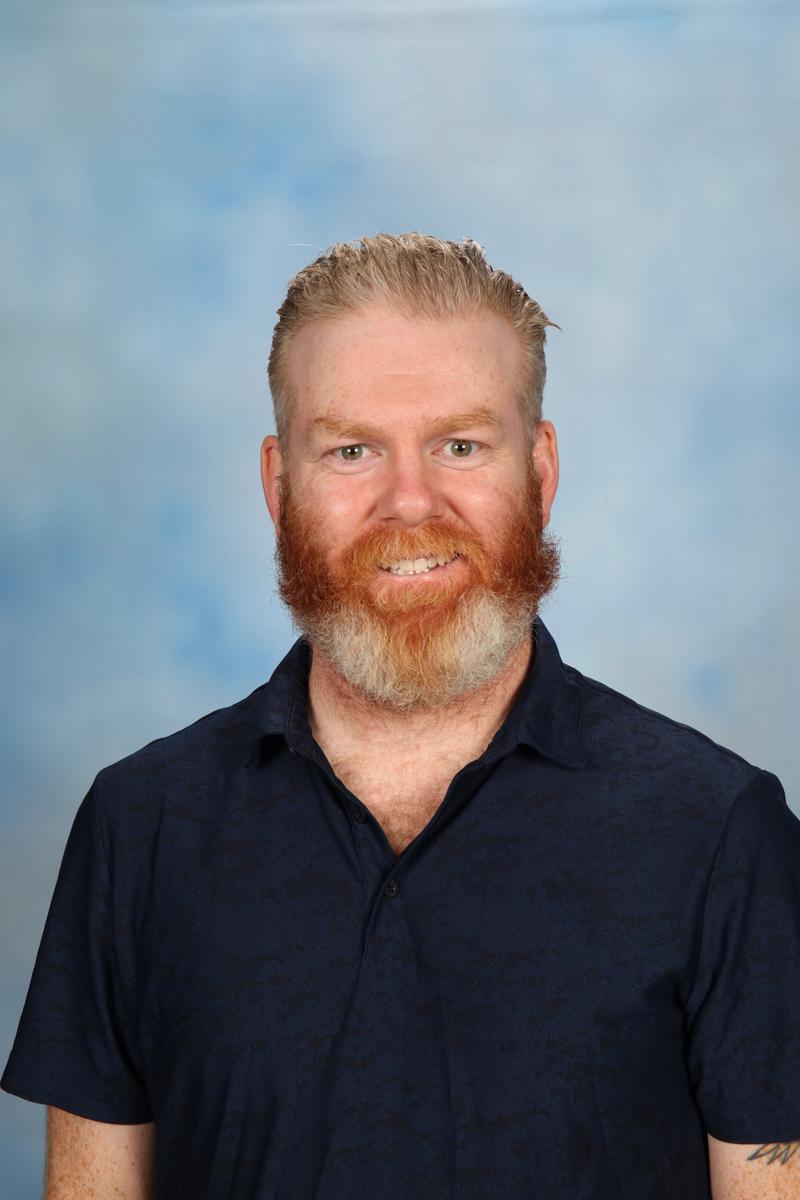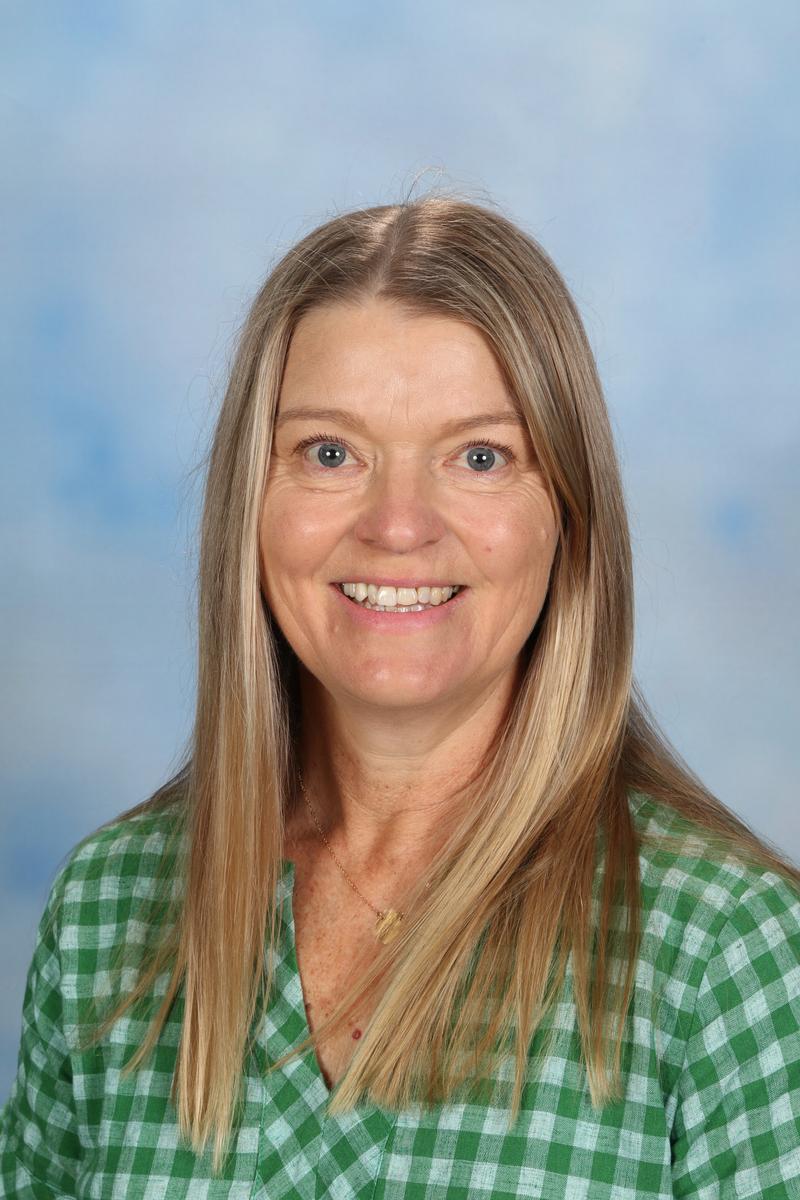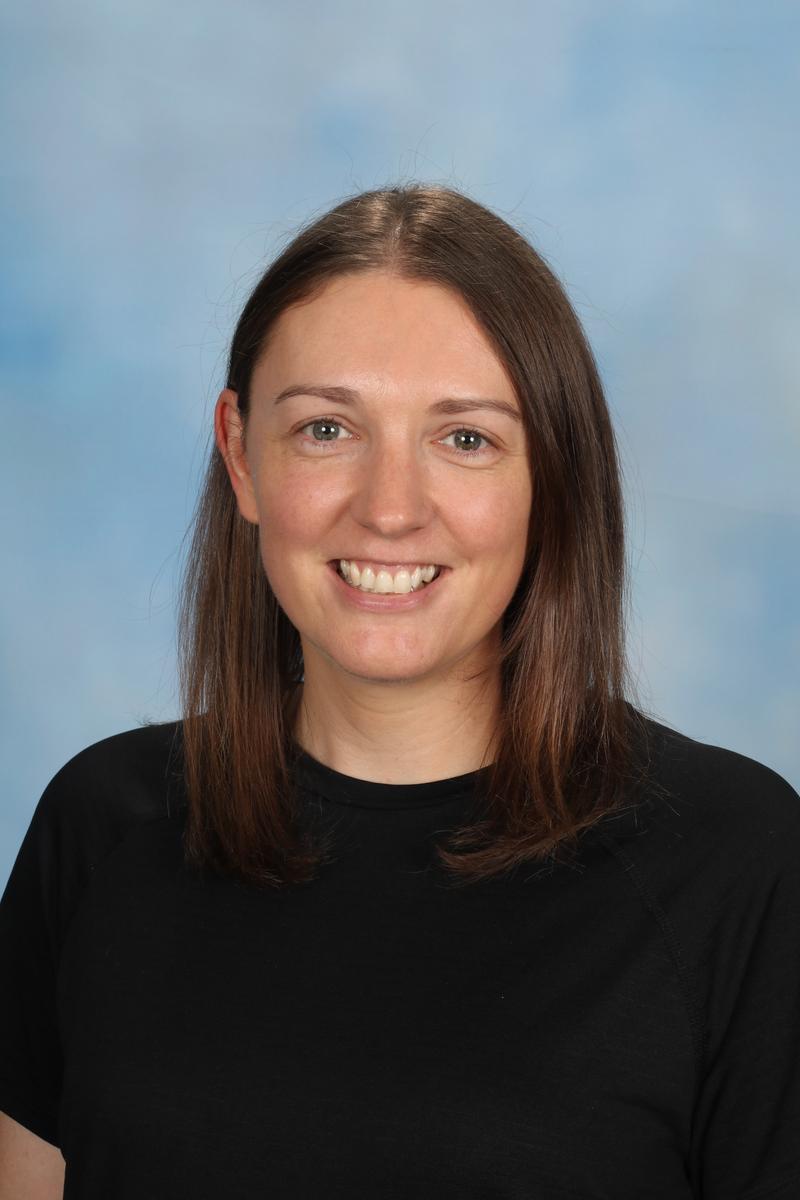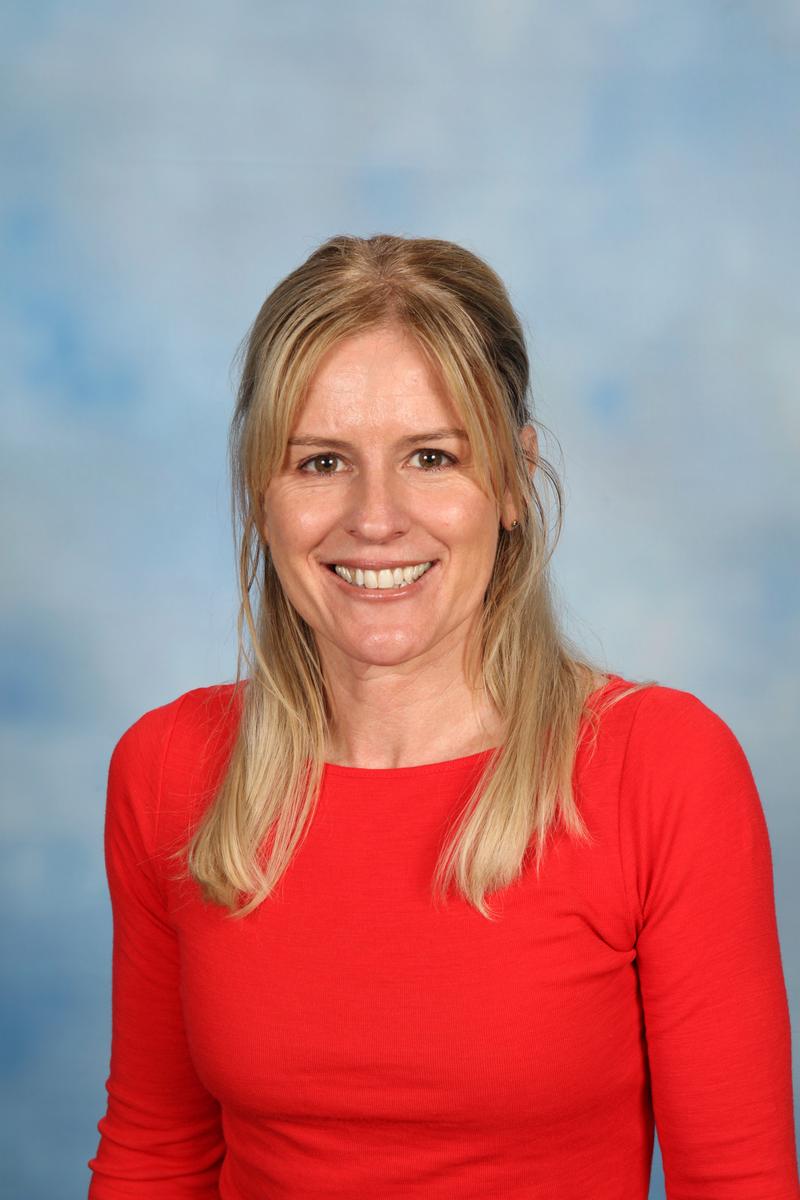Careers & Pathways News

September School Holiday Events
Dates to Diarise in Term 3
- University / TAFE Open Days 2025 – late July and throughout August
- Year 12 VTAC timely applications – throughout August and September
- VTAC SEAS and Scholarship applications – throughout August and September
News from La Trobe University
La Trobe has provided the following course updates:
Bachelor of Business – offering new majors and minors, with ten majors being offered
Bachelor of Commerce – now more flexible so students can have more choice
Bachelor of Food and Nutrition – two capstone subjects offered at the end of the degree
News from RMIT University
RMIT Year 12 Selection Task Guide
Year 12 students applying for courses requiring a selection task as part of entry to an RMIT course next year are encouraged to read through the RMIT Year 12 Selection Task Guide for 2026 PDF and note which courses require a selection task and the deadline they need to be submitted by.
How to become a Graphic Designer at RMIT
Graphic designers are visual problem solvers with highly specialised technical, creative and conceptual skills and knowledge in visual communication. If you've ever looked at a poster, website, or advertisement and thought, "I'd love to be the one creating this, then a career as a graphic designer might be the job for you. From branding and packaging to digital media and beyond, a graphic designer conceptualises, designs, and delivers the visual elements that make up our world.
RMIT offers two graphic design undergraduate courses:
- The Diploma of Graphic Design – a 1-year course that gives students access to industry standard software, and students gain in-depth knowledge of the design process to work in areas of visual and graphic design. Graduates may find work in areas such as advertising and promotion, art direction, branding and corporate identity, instructional design, packaging, signage and web design. Alternatively, students might continue on to further study.
- Bachelor of Graphic Design – this 3-year course focuses on the shaping of visual communication across all aspects of contemporary society, from commercial, entertainment and education, to environmental, cultural and civic sectors. Students gain a solid grounding in the techniques and theoretical foundations of graphic design. In the second and third years of the program, students will extend these foundations into specific areas of practice by undertaking Major and Minor pathways of specialist study in Illustration, Typography, Experience Design and Branding. Graduates can expect to work within graphic design consultancies, multi-disciplined consultancies, publishing houses, new media/multimedia studios and advertising agencies.
Students are encouraged to browse How to become a Graphic Designer at RMIT to learn more.
Bachelor of Science (Geospatial Sciences major)
The Geospatial Science major in the Bachelor of Science at RMIT equips you with the applied skills and knowledge required for discovering relationships between places, people and the environment, while gaining valuable real-world and industry experience.
With the Bachelor of Science at RMIT students get to enjoy a cross-disciplinary, flexible and personalised degree that allows them to pursue a range of diverse interest areas across science.
In the geospatial sciences major, students will meet many passionate and dedicated professionals who share their knowledge through invited lecturers, capstone project supervisions, internships and fieldwork. Students can undertake one-of-a-kind work placement locally, interstate and overseas, building a global network and boosting career opportunities. RMIT also partners with key players operating in the global geospatial market including Google, ESRI Australia, Trimble, Leica, and Hexagon.
Graduates of geospatial science can work for a diverse range of exciting industry and government organisations, including conservation, planning, mapping, demographic marketing, emergency services, statutory authorities, government, manufacturing, finance, insurance, agriculture, forestry, transportation, weather monitoring, climate change modelling.
Find out more at Bachelor of Science (Geospatial Sciences major).
Studying Agriculture at Melbourne
Agriculture is definitely more than farming, but what? As populations increase and climate change affects agriculture and the natural world, healthy, economically viable and sustainable food and fibre production is quickly becoming the most pressing issue of our time.
Graduates of the Bachelor of Agriculture at the University of Melbourne leave with a set of skills that set them up to be employable not only in agriculture, but also its supporting industries and agencies in Australia and around the world, in roles involving:
- Sustainable practice
- Water management improvement
- Responsible fertiliser use
- On-farm advising
- Food and fibre production increase
- Disease-resistant crop development
- Animal welfare
- Biosecurity
- Post-farm processing and marketing
- Agribusiness management and agricultural finance
Government and industry policy.
Find out more about how Bachelor of Agriculture students prepare for the workforce, and the careers they enter.
The Bachelor of Agriculture is a 3-year course, taught at the Parkville Campus and includes an option to spend a semester at Melbourne’s Dookie campus - a living laboratory, showcasing and experimenting on the cutting edge of agricultural science. Its researchers and students work together to test and learn in real-time.
Students study a common first year, before entering one of three majors:
- Agricultural Economics: learn how to analyse and advise on the business management and financial sustainability of agricultural enterprise
- Plant and Soil Science: understand the science of using plants for food, fuel, fibre and land reclamation and to address issues in plant health and sustainable agriculture
- Production Animal Science: prepare for a career in animal health and production, animal welfare or biosecurity. Learn about animal production industries, animal behaviour and disease, and how management strategies can optimise growth and welfare.
Watch this useful YouTube clip on studying agriculture and the Dookie Campus.
NOTE: Students keen on using the Bachelor of Agriculture as a pathway into Veterinary Medicine, must have completed the Production Animal Science major and have achieved high average marks, to be eligible to apply to study the Doctor of Veterinary Medicine with up to 25 points of credit.
Difference between an Apprenticeship and Traineeship
What’s the Difference between an Apprenticeship and Traineeship? Which one should a student apply for? Both apprenticeships and traineeships offer a structured pathway into a career of choice. However, there are three key differences – range of occupations, completion time and legal requirements.
The Three Key Differences
As indicated above, there are three key differences between apprenticeships and traineeships. Each of these should be carefully considered when deciding which is the right option.
Range of Occupations
While traineeships are available on a broad range of occupations, apprenticeships are offered on skilled trades only. For example, you can complete a traineeship in a diverse set of fields including:
- Business (e.g., business administration, marketing, accounting)
- Technology (e.g., information technology, telecommunications, digital media, cyber security)
- Trades (e.g., plant operator, warehouse operation, hairdressing).
Apprenticeships are also offered across a broad range of industries, including:
- Building and construction (e.g., carpentry, bricklaying)
- Electrical (e.g., electrician, electrical fitter)
- Engineering fabrication (i.e., boiler maker/ welder)
- Engineering manufacturing (i.e., fitter and turner)
- Horticulture (e.g., parks and gardens)
- Plumbing (e.g., plumbing and gas fitting or drainage).
Completion Time
Apprenticeships are a full-time commitment and are awarded after a fixed period of time. For example, an Electrical Apprenticeship will generally take four years, however this can be shortened by up to 6 months, depending on circumstances.
Traineeships can be full-time or part-time. Because traineeships are competency-based, completion is dependent on achieving and demonstrating a level of competency in all the required modules. In general, a traineeship is usually completed within one to two years, but it may take more or less time depending on the role, employee and number of hours worked. On the other hand, apprenticeships are awarded after a set timeframe, which for most trades, is four years.
Legal Requirements
When a student signs up for an apprenticeship, the level of commitment made by both them and their employer is different to a traineeship. As an apprentice, upon signing the contract, their employer is committing to employ the student for the full term of their apprenticeship – and if they sell the business while the apprentice is working towards completion, the new owner must continue with the training contract. After the probationary period is up (usually 90 days) the contract can be cancelled, but all parties (apprentice and employer) must agree.
As a trainee, the employer must keep the trainee on for the term of their traineeship, however, either party can cancel the contract before it’s complete (mutual agreement is not needed). In addition, if the business is sold, the new owners are not obliged to continue your employment.
Understand the Differences Before You Commit
Both apprenticeships and traineeships provide a fantastic way to learn on the job – and as an added bonus, one gets paid for it too! So, when weighing up the two, it is important to consider the field one wishes to pursue, how long they are ready to commit to it, and what the legal implications are.
Find out more at NECA Education - Apprenticeships and Traineeships.
Exercise Science & Sport Degrees in Victoria in 2025
Many of the courses listed below provide an accredited pathway for graduates to be eligible to register and practise as an Accredited Exercise Scientist with Exercise and Sports Science Australia (ESSA). These degrees are also often used as pathways to post-graduate study in courses such as the Master of Clinical Exercise Physiology, Graduate Diploma or Master of Applied Sport Science, Graduate Certificate of Strength and Conditioning, Graduate Certificate of Sport Performance, to name a few.
For a comprehensive list of courses, including double degrees, on offer at both TAFEs and universities, visit VTAC.
UNIVERSITY | COURSES | VCE PREREQUISITE SUBJECTS IN 2025 | ATAR 2025 |
M - Melbourne | Exercise & Sport Science
| Units 3 and 4: a study score of at least 25 in English (EAL) or at least 25 in English other than EAL. | 64.05 (M) |
High Performance Sport | Units 3 and 4: a study score of at least 30 in English as an Additional Language or at least 25 in English other than EAL.
| 59.15 (M) | |
G – Waurn Ponds M – Melbourne
# Sports Science School ranked 1st in the world | Business (Sport Management) | Units 3 and 4: a study score of at least 25 in English (EAL) or at least 20 in English other than EAL.
| 80.05 (M) |
Exercise & Sport Science # | Units 3 and 4: a study score of at least 30 in English (EAL) or at least 25 in English other than EAL. | 62.90 (G) 70.00 (M) | |
Exercise & Sport Science (Hon) # | 76.60 (G) | ||
Sport Development | Units 3 and 4: a study score of at least 25 in English (EAL) or at least 20 in English other than EAL. | 60.15 (M) | |
B – Ballarat Be – Berwick Gi – Gippsland | Exercise & Sport Science | Units 3 and 4: a study score of at least 20 in any English; Units 1 and 2: satisfactory completion in two units (any study combination) of Maths: General Mathematics, Maths: Mathematical Methods or Maths: Specialist Mathematics or Units 3 and 4 in one of Maths: General Mathematics, Maths: Mathematical Methods or Maths: Specialist Mathematics. | 54.70 (B) 55.65 (Be) 50.90 (Gi) |
Sport, Physical and Outdoor Education | N/P (B) 50.15 (Be) N/P (Gi) | ||
B – Bendigo M - Melbourne | Sport and Exercise Science | Units 3 and 4: a study score of at least 25 in English (EAL) or at least 20 in English other than EAL; Units 3 and 4: Units 3 and 4: a study score of at least 20 in one of Biology, Chemistry, Health and Human Development, any Mathematics, Physical Education, Physics or Psychology. | 65.70 (B) 67.55 (M) |
Sport and Recreation Management | Units 3 and 4: a study score of at least 25 in English (EAL) or at least 20 in English other than EAL. | 59.70 (M) | |
H - Hawthorn | Exercise and Sport Science | Units 3 and 4: a study score of at least 30 in English as an Additional Language (EAL) or at least 25 in English other than EAL; Units 3 and 4: a study score of at least 20 in one of Maths: General Mathematics, Maths: Mathematical Methods or Maths: Specialist Mathematics | 58.25 (H) |
F – Footscray S.A. – St. Albans | Biomedical & Exercise Science | Units 3 and 4: a study score of at least 25 in English (EAL) or at least 20 in English other than EAL; Units 3 and 4: a study score of at least 20 in one of Biology, Chemistry, Health And Human Development, any Mathematics or Physical Education. | 57.40 (S.A.) 61.15 (F) |
Exercise Science – Clinical Practice | Units 3 and 4: a study score of at least 25 in English (EAL) or at least 20 in English other than EAL. | N/P (F) | |
Exercise Science – Sport Practice | 55.00 (F) | ||
Physical Education and Sport Science | N/P (F) | ||
Sport Management | N/P (C) | ||
Sport Science | N/P (F) |
Nutrition And Dietetics Degrees in Victoria in 2025
According to the Dietitian Association of Australia (DAA) - Dietitian or nutritionist | Dietitians Australia, there is a distinction made between dietitians and other occupations in the nutrition and food science field, including that of nutritionist. The key difference between a dietitian and a nutritionist is that, in addition to or as part of their qualification in human nutrition, a dietitian has undertaken a course of study that included substantial theory and supervised and assessed professional practice in clinical nutrition, medical nutrition therapy and food service management.
So, in Australia, all dietitians are nutritionists however nutritionists without a dietetics qualification cannot take on the expert role of a dietitian.
Victorian universities offering undergraduate courses in nutrition, food science and/or dietetics include:
UNIVERSITY | COURSE | VCE PREREQ’ SUBJECTS | ATAR 2025 |
ACU (M) – Melbourne
| Nutrition Science | Units 3 and 4: a study score of at least 25 in English (EAL) or at least 25 in English other than EAL. | 60.95 (M) |
| Deakin(M) - Melbourne | Nutrition Science | Units 3 and 4: a study score of at least 30 in English (EAL) or at least 25 in English other than EAL. | 65.50 (M) |
Nutrition Science (Dietetics Pathway)
| Units 3 and 4: a study score of at least 30 in English (EAL) or at least 25 in English other than EAL. | 90.00 (M) | |
Federation Online only
| Food and Nutrition | Units 3 and 4: a study score of at least 20 in any English; Units 3 and 4: a study score of at least 20 in one of any Mathematics or any Science.
| N/P Min 50.00 |
La Trobe (M) – Melbourne | Food and Nutrition | Units 3 and 4: a study score of at least 25 in English (EAL) or at least 20 in English other than EAL.
| 60.00 (M) |
Food and Nutrition/Master Dietetic Practice
| Units 3 and 4: a study score of at least 25 in English (EAL) or at least 20 in English other than EAL. | 86.05 (M) | |
Monash (C) – Clayton
| Nutrition Science | Units 3 and 4: a study score of at least 25 in English (EAL) or at least 25 in English other than EAL.
| 71.45 (C) |
Nutrition Science - Scholars Program (Dietetics Pathway)
| Units 3 and 4: a study score of at least 25 in English (EAL) or at least 25 in English other than EAL. | 90.05 (C) | |
RMIT (C/B) – City/Bundoora | Food Technology & Nutrition | Units 3 and 4: a study score of at least 25 in English other than EAL or at least 27 in English as an Additional Language (EAL); Units 3 and 4: a study score of at least 20 in one of Maths: General Mathematics, Maths: Mathematical Methods or Maths: Specialist Mathematics.
| 70.35 (C/B) |
SWINBURNE (H) – Hawthorn | Nutrition | Units 3 and 4: a study score of at least 20 in English other than EAL or at least 25 in English as an Additional Language.
| 61.65 (H) |
| Health Science (Nutrition Major) and a Master of Dietetics | Units 3 and 4: a study score of at least 20 in English other than EAL or at least 25 in English as an Additional Language.
| 57.80 (H) | |
Victoria (F) - Footscray
**Not Foundation Maths | Human Nutrition | Units 3 and 4: a study score of at least 25 in English as an Additional Language (EAL) or at least 20 in English other than EAL; Units 3 and 4: a study score of at least 20 in one of Biology, Chemistry, Health and Human Development, any Mathematics** or Physical Education.
| N/P (F)
|
| Nutritional Science/Master of Dietetics | Units 3 and 4: a study score of at least 30 in English as an Additional Language (EAL) or at least 25 in English other than EAL; Units 3 and 4: a study score of at least 25 in one of Biology, Chemistry, Health and Human Development, any Mathematics**, Physical Education or Physics.
| 84.40 (F) |
Note: Food Science and Nutrition are often offered as majors/minors in courses in biomedicine, exercise science, health, and science degrees, etc.
Students are encouraged to browse VTAC for a comprehensive list, including double degrees.
News from Monash University
Bachelor of Digital Business
Digital technologies are revolutionising the business world. To stay ahead, organisations are seeking the expertise of innovative thinkers who view business from a distinctly digital perspective.
To keep up with the pace of change with digital technologies influencing business, , organisations of all shapes and sizes are calling on the expertise of bright minds who consider business through a distinctly digital lens. The Bachelor of Digital Business is aimed at equipping students with the in-depth understanding to apply this perspective.
Students will gain practical, real-world experience with industry partners as they work through industry-specific datasets, software, workshops, live projects and more. Students will learn to assess how to apply emerging technologies such as artificial intelligence in ways that positively impact both business and society, while developing prized knowledge and skills in cybersecurity and big data.
Find out more about this course at Bachelor of Digital Business.
Year 10 Discovery Day
Year 10 students are invited to participate in in this event. Students will join interactive faculty workshops and attend information sessions that are designed to ignite their curiosity, fuel their aspirations, and guide them through the next steps that lead to a bright and promising future at Monash.
Date: Thursday 2 October 2025
Time: 8.30am – 1.45pm
Location: Clayton Campus
Registrations are essential and close on Sunday 28 September at 11.59pm, or earlier if all spots are filled.
Register at Monash University – Year 10 Discover Day.
Fine Arts and Music Degrees in 2026
Year 12 students applying for the following Fine Arts or Music courses at the University of Melbourne for 2026 should note that, besides the VCE prerequisites of Units 3 and 4: a study score of at least 30 in English (EAL) or at least 25 in English other than EAL, these courses have extra-requirements for eligibility to be selected.
Recorded auditions or folios will need to be uploaded via the Supplementary Application form by Monday 29 September 2025, and students are encouraged to browse UniMelb Auditions and Interviews for more details about these extra requirements, and the interviews or call-backs for short-listed applicants.
| COURSE | ESSENTIAL REQUIREMENTS |
| Fine Arts (Acting) | Apply to VTAC by the 29 September.Complete the Supplementary Application and upload a Recorded Audition via the Supplementary application by 29 September. Shortlisted applicants to attend a call-back audition on campus or online. |
| Fine Arts (Animation) | Apply to VTAC by the 29 September.Complete the Supplementary Application and submit the Creative Task via the Supplementary Application by 29 September. Shortlisted applicants to attend an online interview. |
| Fine Arts (Dance) | Apply to VTAC by the 29 September.Complete the Supplementary Application and upload a Recorded Audition via the Supplementary Application by 29 September. Shortlisted applicants to attend a call-back audition at Southbank/online. |
Fine Arts (Film & Television) | Apply to VTAC by the 29 September.Apply and complete the Supplementary Form and submit a Portfolio via the Supplementary Application by 29 September. Shortlisted applicants to attend an online interview. |
| Fine Arts (Music Theatre) | Apply to VTAC by the 29 September.Apply and complete the Supplementary Form and upload a Video-Recorded Audition via the Supplementary Application by 29 September. Shortlisted applicants to attend an online call-back audition. |
Fine Arts (Production) | Apply to VTAC by the 29 September. Apply and complete the Supplementary Form and complete a Selection Project via the Supplementary Application by 29 September. Shortlisted applicants to attend an online interview. |
| Fine Arts (Screenwriting) | Apply to VTAC by the 29 September.Apply and complete the Supplementary Form and complete a Creative Task via the Supplementary Application by 29 September. Shortlisted applicants to attend an online interview. |
| Fine Arts (Theatre) | Apply to VTAC by the 29 September.Complete the Supplementary Application and upload a Recorded Audition via the Supplementary Application by 2 October. Shortlisted applicants will be invited to attend a call-back audition online/on-campus. |
| Fine Arts (Visual Art) | Apply to VTAC by the 29 September. Complete the Supplementary Application and upload a Folio of work via the Supplementary Application by 29 September. Applicants will attend an on-campus or online interview. |
| Music | Apply to VTAC by the 29 September.Complete the Supplementary Application and upload the following requirements via the Supplementary Application, depending on the music stream. Short-listed applicants will be notified:
Performance: attend a face-to-face audition OR submit a Video-Recorded Audition by 29 September Composition: submit a Folio Audition by 29 September Interactive Composition: submit a Folio Audition, a Set Creative Task, and Performance Audition by 29 September Jazz & Improvisation: submit a Video-Recorded Audition by 29 September
*Music Studies: submit the Supplementary form with either Video-Recorded Audition OR an indication to attend a face-to-face audition by 29 September *Musicology & Ethnomusicology: face-to-face audition OR submit a Video-Recorded Audition by 29 September * Music Studies, Musicology & Ethnomusicology: apply for Performance unless transferring with at least 100 credit points
|
News from Deakin University
Studying Health Sciences at Deakin
Study health sciences and help improve people's health and wellbeing. With so many careers in health sciences you'll be in demand – right now there’s huge government investment in the sector, which means there's a real opportunity to make a difference. Now is your chance to become a healthcare expert and change lives for the better.
The Health Sector is Australia’s fastest growing sector, and the Bachelor of Health Sciences at Deakin prepares students for a career in -
- disability services
- health education
- international aid
- sport marketing
- nutrition
The Bachelor of Health Sciences offers students over 12 specialised majors, and students may opt to specialise in two. On completion, students may choose to go on to further postgraduate study in a number of fields, including -
Learn more by browsing Health Sciences at Deakin.
The Future of Cyber Security
Cybercrime is an increasing problem in our digitally connected world. The rapid growth of cybercrime has created unparalleled opportunities for those with cyber security expertise, with jobs in the Database & Systems Administrators & ICT Security sector predicted to increase by 38.9% by November 2026 according to Australian Government data.
Job roles in this specialised field of IT include - information security officer, security administrator, cyber security consultant, cyber security analyst, penetration tester and many others.
Many industries are realising the importance of cyber security, and a degree in cyber security can lead to employment in diverse areas across private and government sectors. Deakin’s courses are industry-specific, so students graduate with up-to-date knowledge of the issues important to the industry – like implementing security technologies to protect against hackers or developing IT security solutions. Students can undertake an internship and complete industry cyber security certifications as part of their course. This means they can stand out to future employers and be ready to take advantage of the significant increase in jobs in the field.
Find out more about Cyber Security at Deakin at Bachelor of Cyber Security.
Deakin 50th Anniversary Excellence Scholarship
Celebrating 50 years of Deakin, the Deakin 50th Anniversary Excellence Scholarship will be awarded to 50 outstanding students from Deakin’s under-represented Victorian schools recognising their exceptional academic performance and future potential.
Valued at $7,500 per year for the normal duration of the course. To be eligible for this scholarship, students must:
- be a domestic student
- have completed Year 12 at a Deakin under-represented Victorian school in 2025
- be commencing at Deakin University in an undergraduate bachelor degree in Trimester/Semester 1 2026
- be enrolled full time unless there are individual circumstances preventing full-time study
- be enrolled in a Commonwealth supported place (CSP).
No application is required. This scholarship will be automatically awarded based on eligibility and course offer. This scholarship has limited availability, and not all eligible applicants will receive one.
Study Abroad Program
You can study almost anywhere in the world with Deakin Abroad, and the length of your overseas study experience is up to you. Go for as little as a few weeks, or up to a full year – the options are endless.
Students planning their tertiary study are encouraged to consider the possibility of participating in some form of overseas study during their time at university. Students have a wide range of options at Deakin including –
Students can browse the above links as well as Study Abroad Program at Deakin to learn more.
Upcoming Info Days
Students keen on finding out more about studying at Chisholm might choose to attend an Info Day. All these events take place from 3.3pm – 6.30pm.
Find out more or register at Chisholm Info Days.
Occupational Therapy Degrees in Victoria in 2025
Occupational therapists assess and treat people who, due to illness, injury or circumstance, are limited in their ability to undertake everyday activities. They assist people to regain lost functions, develop their abilities and social skills, as well as maintain and promote independence in their everyday lives to enhance health and wellbeing -
Good Universities Guide - Occupational Therapist.
Occupational Therapy is offered at the following Victorian Universities –
UNIVERSITY | VCE REQUIREMENTS | ATAR 2025 |
B – Ballarat M - Melbourne | Units 3 and 4: a study score of at least 30 in English (EAL) or at least 25 in English other than EAL; Units 3 and 4: a study score of at least 25 in one of Biology, Chemistry or Physics. | 82.05 (B) 80.55 (M) |
AW – Albury-Wodonga | No VCE prerequisites but completion of Year 12 is required, and an ATAR is used in selection.
| L/N (AW) Min 70.00 |
G – Geelong W’Front W- Warrnambool
| Units 3 and 4: a study score of at least 30 in English (EAL) or at least 25 in English other than EAL.
| 76.90 (G) 70.60 (W) |
Gi – Gippsland | Units 3 and 4: a study score of at least 25 in any English; Units 1 and 2: satisfactory completion in two units (any study combination) of Maths: General Mathematics, Maths: Mathematical Methods or Maths: Specialist Mathematics; Units 3 and 4: satisfactory completion in one of Biology, Chemistry, Health and Human Development, Maths: General Mathematics, Maths: Mathematical Methods, Maths: Specialist Mathematics, Physical Education or Physics.
| 65.90 (Gi) |
B – Bendigo M – Melbourne
| Units 3 and 4: a study score of at least 30 in English (EAL) or at least 25 in English other than EAL. | 80.20 (B) 85.60 (M) |
P – Peninsula
| Units 3 and 4: a study score of at least 30 in English (EAL) or at least 25 in English other than EAL.
| 90.70 (P) |
Paramedicine Degrees in Victoria in 2025
The Good Universities Guide states that paramedics provide pre-hospital emergency care, treatment and specialised transport for patients - Good Universities Guide - Paramedic.
Working as an ambulance paramedic means that no two days are ever the same. What a paramedic does can be as varied as restarting a patient’s heart down to helping solve social welfare issues. Ambulance paramedics are called when people feel they have no other options and are suffering what feels like an emergency to them. An interesting fact to remember when applying to become a paramedic is that the majority of the workload is not lights and sirens driving to save a patient's life. This job is more about helping people in their time of need as opposed to being a hero.
Visit Ambulance Victoria - Types of Paramedicsto find out more.
Students should note that to work with Ambulance Victoria, they must be a citizen of Australia or New Zealand, or be an Australian Permanent Resident, and they must also hold a full driver’s licence or have held a probationary licence as P2 for at least a year -
The following Victorian universities offer Paramedicine undergraduate degrees:
INSTITUTION | COURSE | VCE REQUIREMENTS | ATAR 2025 |
Australian Catholic University (B) – Ballarat (M) – Melbourne | Paramedicine | Units 3 and 4: a study score of at least 25 in English (EAL) or at least 25 in English other than EAL. | 87.85 (M) |
| Nursing/Paramedicine | Units 3 and 4: a study score of at least 25 in English (EAL) or at least 25 in English other than EAL. | 80.55 (B) | |
La Trobe University
(Be) – Bendigo | Paramedic Practice with Honours | Units 3 and 4: a study score of at least 30 in English (EAL) or at least 25 in English other than EAL; Units 3 and 4: a study score of at least 20 in two of Biology, Chemistry, Health And Human Development, any Mathematics, Physical Education, Physics or Psychology.
| 65.20 (Be)
|
Monash University
(P) – Peninsula | Paramedicine | Units 3 and 4: a study score of at least 30 in English as an Additional Language (EAL) or at least 25 in English other than EAL. | 82.40 (P) |
Victoria University
(St. A) – St. Albans (Su) – Sunshine (W) - Werribbee | Paramedicine | Units 3 and 4: a study score of at least 25 in English (EAL) or at least 20 in English other than EAL. | 70.25 (St. A)
|
Non-Emergency Patient Transport (Certificate)
| Year 12 pass useful, 18 years old at start of course, and must hold a driver's Licence (probationary licence accepted). | N/P (Su) N/P (W) |
Visit VTAC to find out more about these courses.
Snapshot of the University of Queensland (UQ) in 2025
- UQ is a one of Australia’s leading research and teaching institutions.
- UQ is consistently ranked well inside the top 100 of more than 10,000 universities worldwide - International Rankings.
- UQ is located in and around Brisbane, and the university has teaching and research sites throughout Queensland, and its major campuses are at St Lucia, Gatton, and Herston - Campuses & Locations.
- There are five faculties at UQ, which are responsible for academic programs and decisions regarding a student's pursuit of their academic program - Faculties.
- At UQ students can choose from an extensive range of undergraduate programs, many of which can be “customised” by major – and minor – fields of study. Programs are organised through schools and faculties, but sometimes a student can “mix and match” between them with electives and dual degrees - Courses and Programs.
- UQ has a diverse student exchange program, and students can study overseas for up to one year while gaining credit towards their UQ degree. UQ has over 120 exchange partners in over 30 countries - UQ Abroad.
- Students keen on learning another language can enrol in one of over 30 different language courses through UQ’s Institute of Modern Languages - Institute of Modern Languages.
- There are over 200 clubs and societies at UQ, all aimed at expanding a student’s social life, playing an important role in the UQ student experience - Clubs and Societies.
- The Employability Award program is a structured program that recognises the personal and professional development a student gains from their involvement in activities above and beyond academic studies.
- UQ has a dedicated website designed for future students to find answers to all the questions they might have about studying at UQ - UQ Answers.
- UQ has some excellent facilities including -
- a state-of-the-art multi-purpose learning space for first-year engineering students - Engineering
- the School of Veterinary Science complex - Veterinary Science
- the Pharmacy Australia Centre of Excellence (PACE) precinct which houses the School of Pharmacy - Pharmacy
- UQ has a number of residential colleges and residences - Accommodation.
- UQ offers a range of scholarship options to make university study more affordable, ranging in value up to $12,000 per year for the VC Scholarship - Scholarships.
Mr Jack Crameri - Careers and Pathways Coordinator
Ms Andy Farrow - Careers Adviser & VET/SWL Coordinator
Ms Stephanie Martin - Careers & Pathways Coordinator
Ms Jody McCarthy - Senior School & Careers Support

